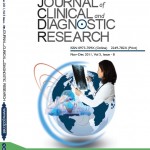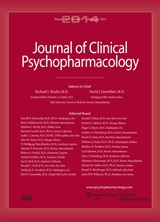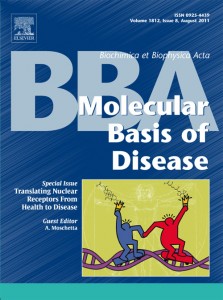 Three doctors at the Post Graduate Institute of Medical Education and Research (PGIMER) in Chandigarh are losing a paper based on phone calls to the Drug Information Unit, a phone line that patients could call to learn more about the drugs they were considering taking.
Three doctors at the Post Graduate Institute of Medical Education and Research (PGIMER) in Chandigarh are losing a paper based on phone calls to the Drug Information Unit, a phone line that patients could call to learn more about the drugs they were considering taking.
The catch: It was all made up.
According to an investigation by the Hindustan Times, the phone was disconnected between 2012 and May 2014, though ‘data’ for the paper was allegedly collected in 2013. We imagine that would make it difficult to answer the 56 calls the paper claims a junior resident took over the course of a month.
The HT reports that the Journal of Clinical & Diagnostic Research paper, “Drug Information Unit as an Effective Tool for Promoting Rational Drug Use,” is being retracted, and that the dean has asked for an official investigation. We’ve reached out to the journal, and will update with any new information.
This isn’t the worst of recent allegations against hospital staff at PGIMER. Orthopedics professor Vishal Kumar was accused of being in bed with pharmaceutical companies and harassing several employees. From the HT: Continue reading Hospital in India wracked by allegations of scientific misconduct, poor sanitation







